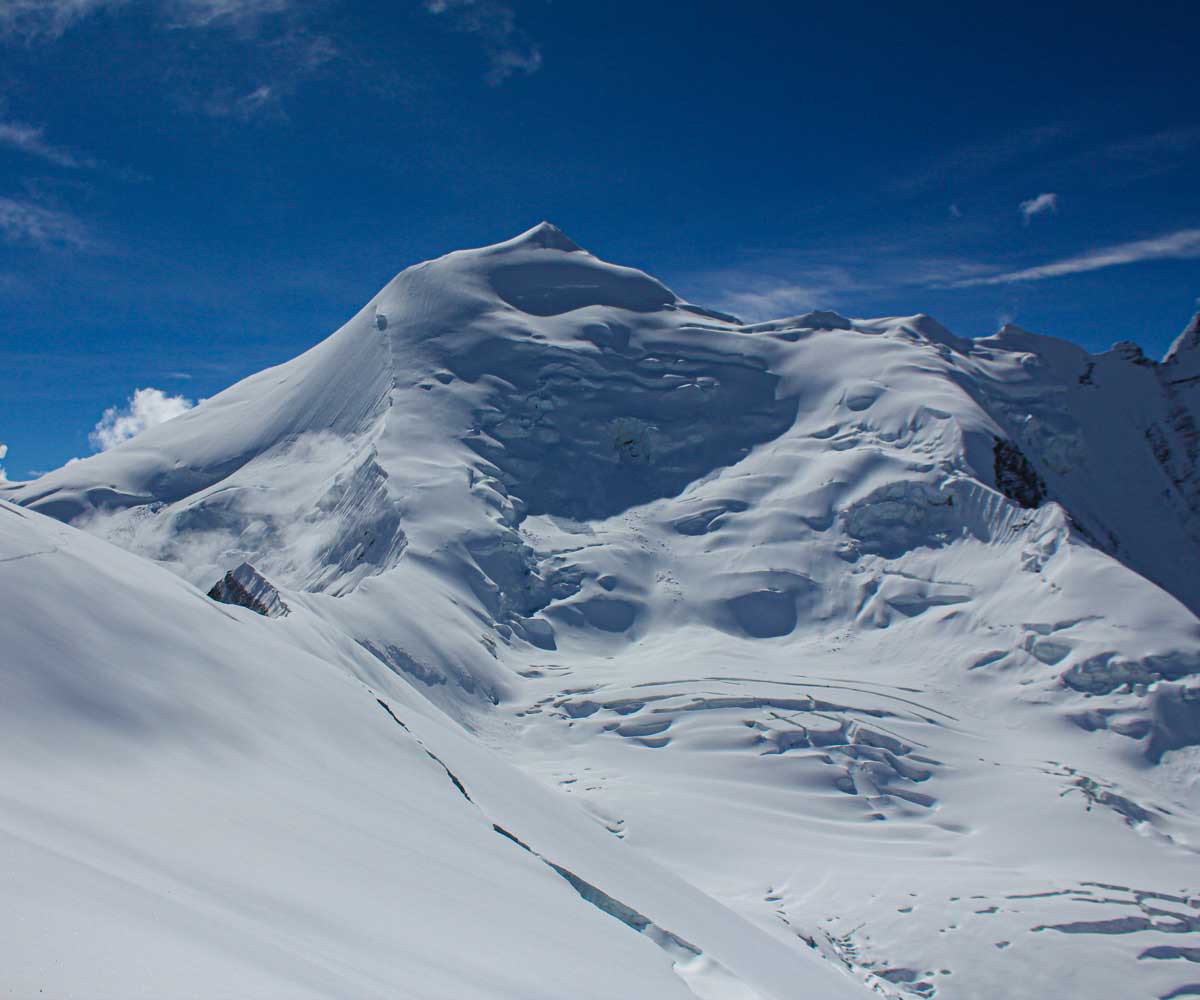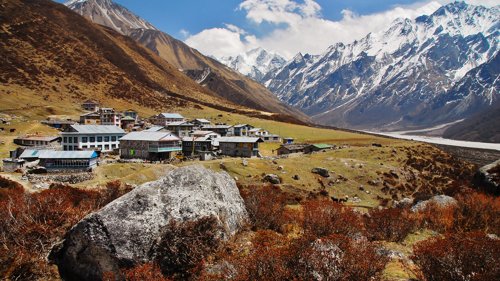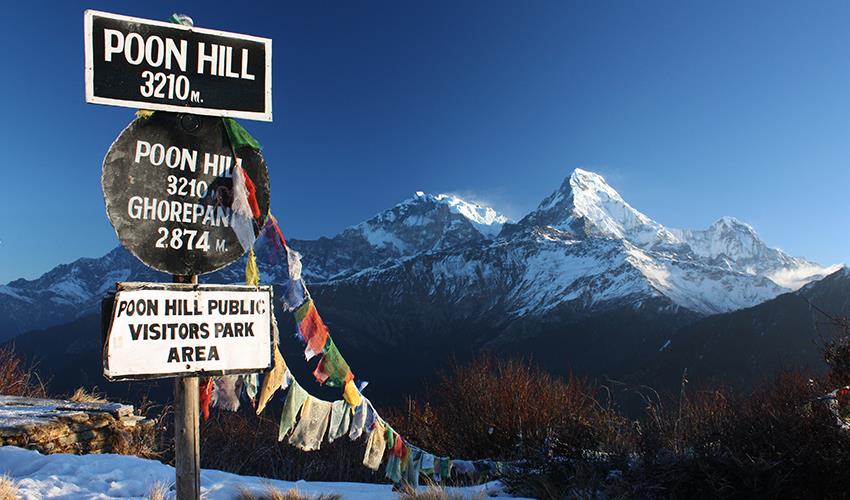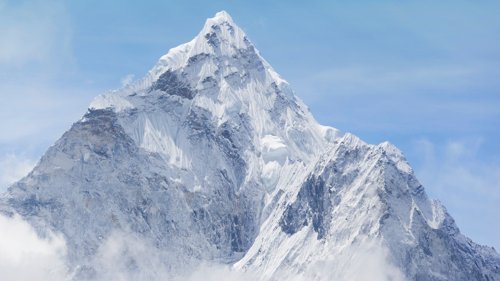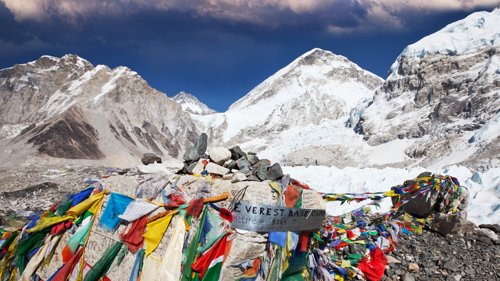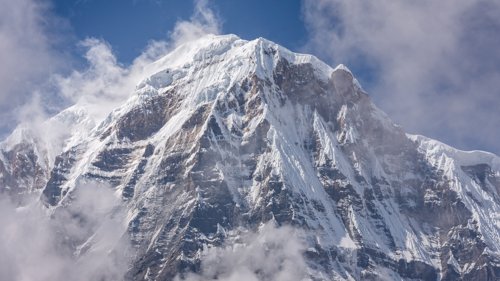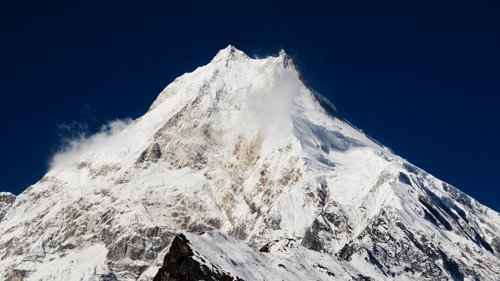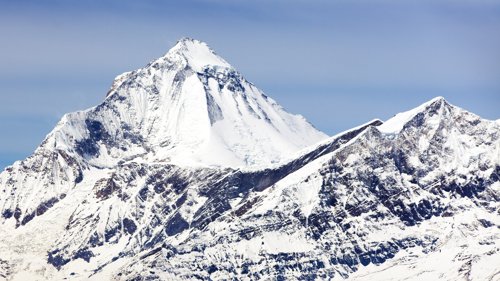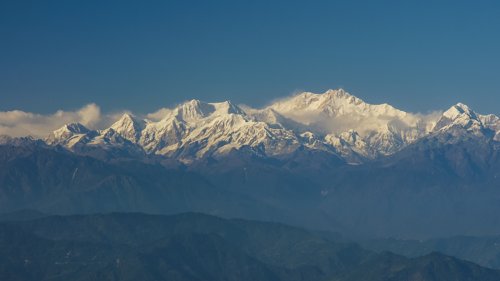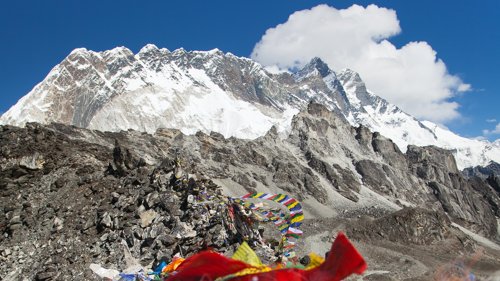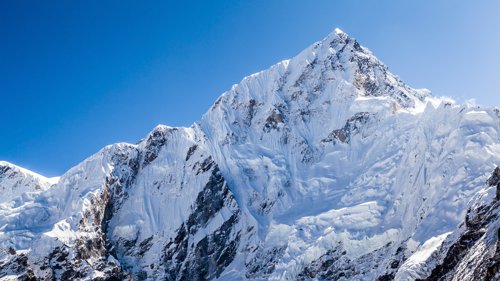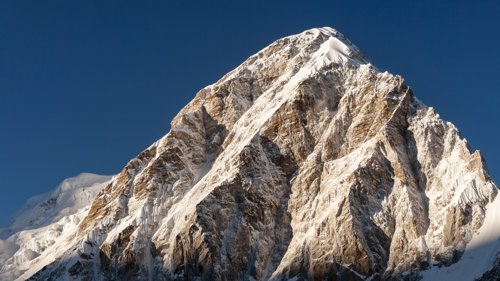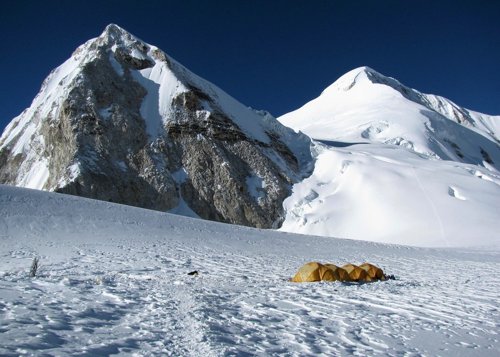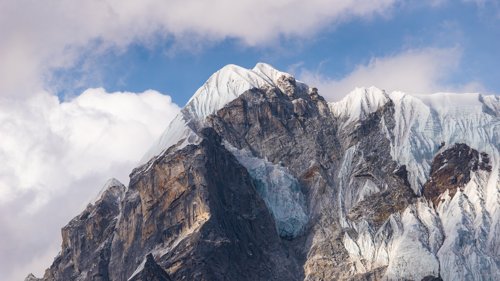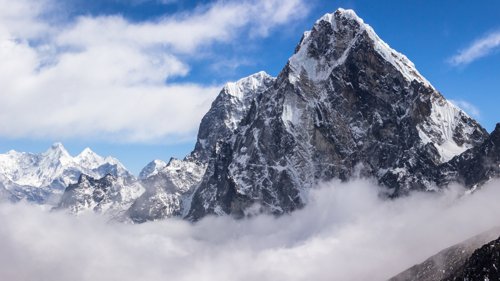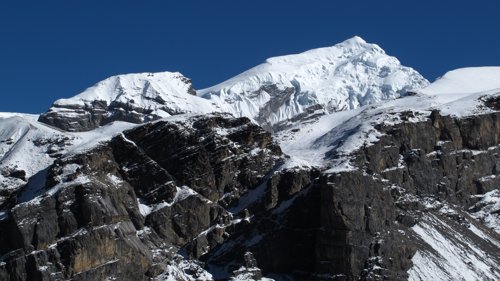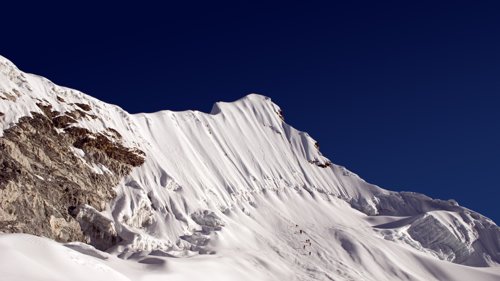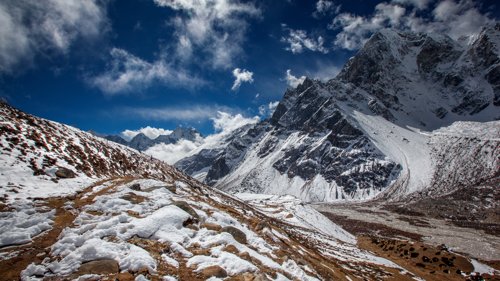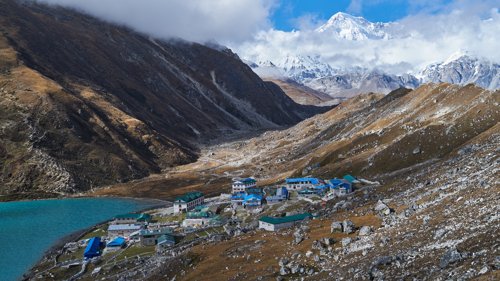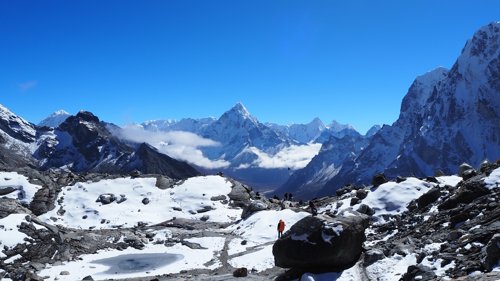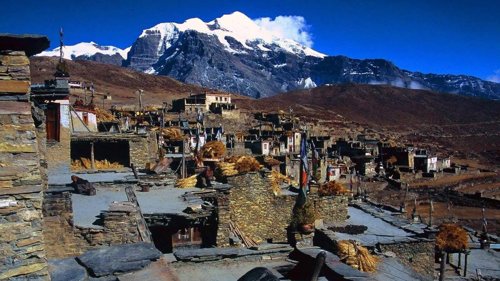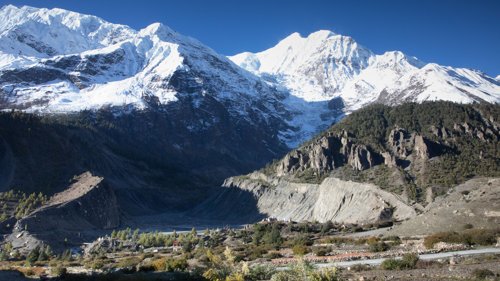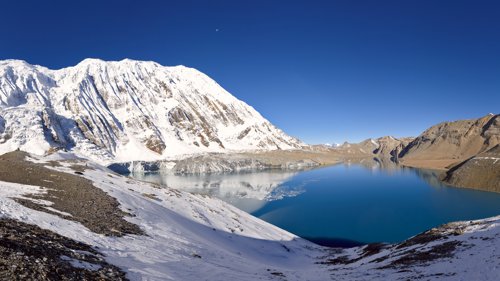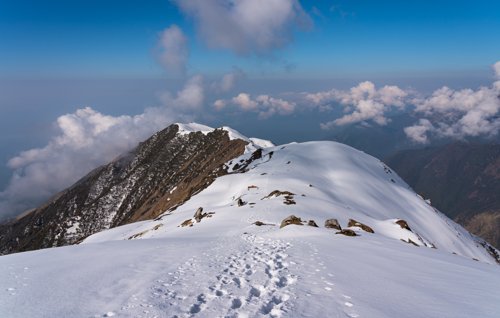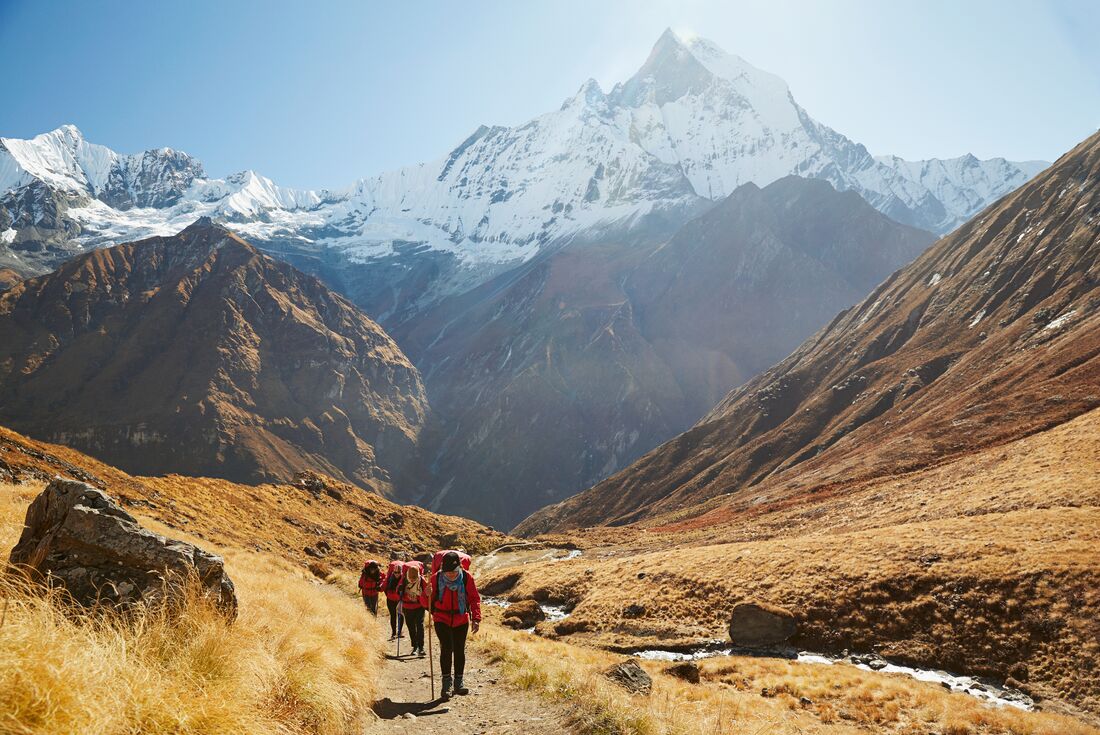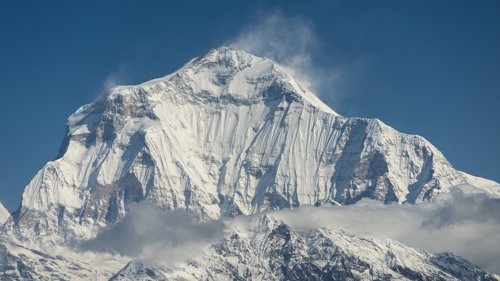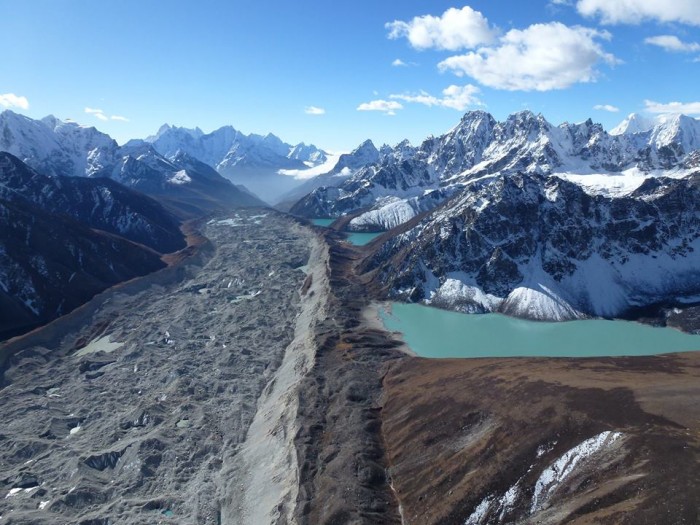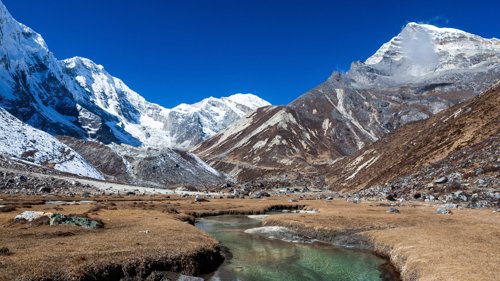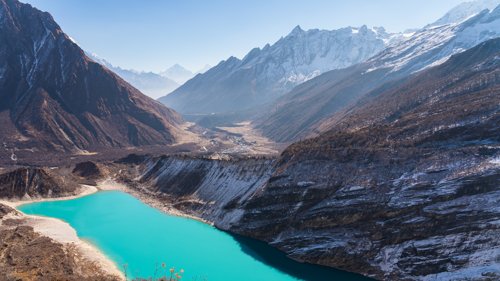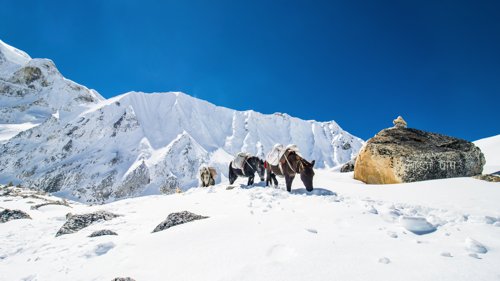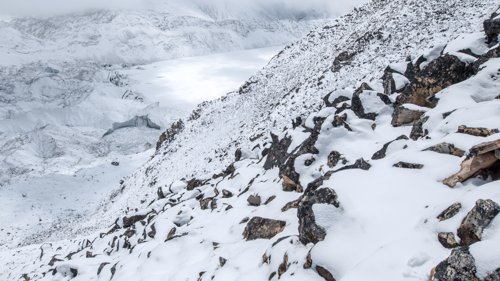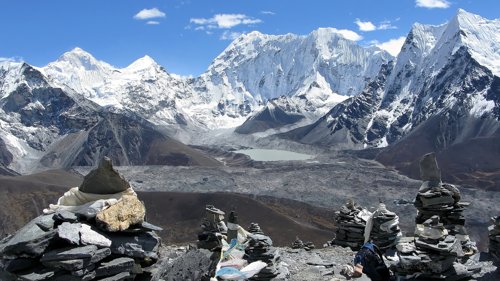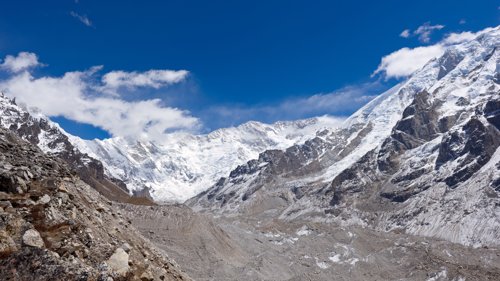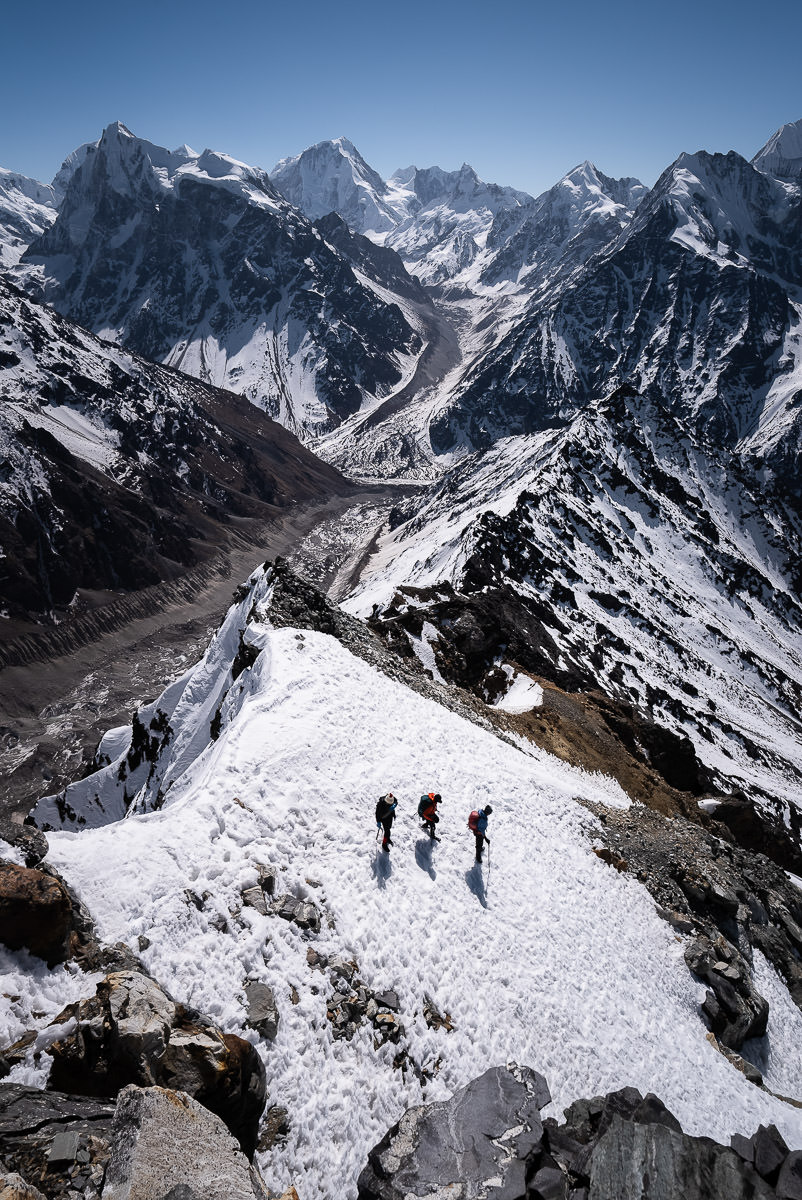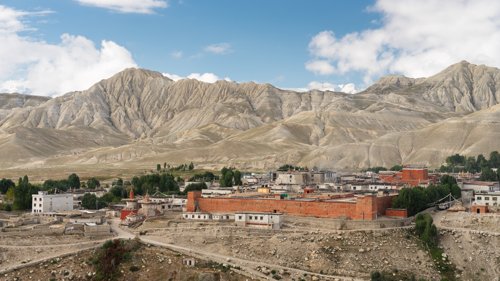Trip Advisory
Physical Fitness
Ensure you are in good physical condition before embarking on a trek or mountaineering expedition. Engage in regular exercise and training to build strength and endurance.
Altitude Acclimatization
Take time to acclimatize properly to higher altitudes to prevent altitude sickness. Ascend gradually, hydrate well, and listen to your body. If you experience symptoms like headaches, dizziness, or nausea, descend to a lower elevation and seek medical attention if necessary.
Hydration and Water Safety
Stay hydrated throughout your trek by drinking plenty of water. It is advisable to treat or purify water from local sources to prevent waterborne illnesses. Using water purification tablets or filters is recommended.
Sun Protection
Protect yourself from the strong Himalayan sun by using sunscreen with a high SPF, wearing a hat, sunglasses, and lightweight, long-sleeved clothing. The sun's rays are stronger at higher altitudes.
Travel Insurance
Obtain comprehensive travel insurance that covers medical emergencies, evacuation, and trip cancellation. Ensure that it specifically covers trekking or mountaineering activities at high altitudes.
Travel with a Guide or Porter
Consider hiring a trained guide or porter for your trek. They provide assistance, share local knowledge, and ensure your safety throughout the journey.
Weather Awareness
Stay updated on weather conditions and forecasts before and during your trek. Be prepared for sudden weather changes and follow the advice of local authorities or guides if conditions become unfavorable.
Remove your shoes before entering religious sites and homes:
Many temples and homes have a custom of removing footwear before entering. Follow this practice to show respect.
Seek permission before taking photographs
Ask for permission before taking photographs of individuals, religious icons, or cultural events. Some locations may have restrictions, and it is important to respect people's privacy.
Support the local economy
Purchase locally made handicrafts, souvenirs, and food items to support the local economy. This helps to empower local communities and preserve their cultural heritage.
Minimize environmental impact
Practice responsible trekking by carrying a reusable water bottle, avoiding single-use plastics, and properly disposing of waste. Respect the environment and leave no trace behind.
Follow the guidance of your local guides
Engage with experienced local guides and porters who understand the local culture and environment. They can provide valuable insights and ensure you are following responsible trekking practices.


